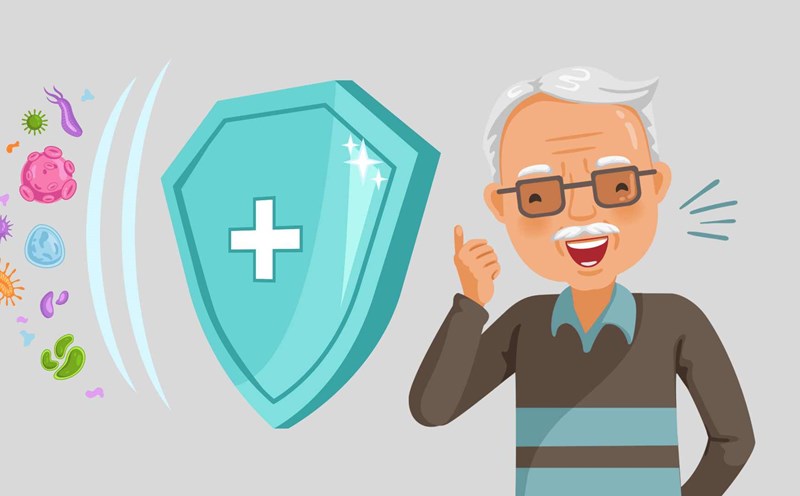Vitamin C has long been hailed as a powerful antioxidant, playing an important role in boosting immunity, supporting iron absorption and improving the skin. However, few people expect that excessive vitamin C supplementation, especially in the form of high-dose tablets, can lead to many serious side effects, from digestive disorders to kidney stones or even affect medical test results.
"Vitamin C is generally safe when taken at the right dosage, but if used too much for a long time, users may face unexpected consequences," warned Dr. Mary Choy, clinical pharmaologist at Mount Sinai Health System, New York, USA.
7 serious side effects of vitamin C
kidney stones:
When taken in high doses, vitamin C can be converted into oxalate, a substance that can combine with calcium and form kidney stones. People with a history of kidney disease or kidney stones should be especially careful. According to a study published in The New England Journal of Medicine, the risk of kidney stones doubles in people who regularly take high doses of vitamin C supplements.
Digestive disorders:
Difficulty chiuting bowel movements is a common side effect. Vitamin C is acidic and can cause diarrhea, nausea, and bloating if taken in excess of 2,000mg/day. These reactions are more noticeable in people with sensitive stomachs.
Overloaded iron:
Vitamin C increases the absorption of iron from food, which is beneficial for people with anemia but dangerous for people with pigmentary thrombosis, a disorder that causes the body to accumulate too much iron. "People with this disease should avoid high doses of vitamin C supplementation because it can lead to liver or heart damage," said Dr. Choy.
Incorrect test results:
Vitamin C can affect the accuracy of medical tests, especially blood sugar levels or tests for creatinine in urine. This can easily cause misdiagnosis and affect treatment.
Tooth Enamel:
Chewing vitamin C or flexible candy is often highly acidic, weakening tooth enamel over time. If you use it for a long time without proper hygiene, you may face the risk of cavities and prolonged tooth decay.
Potential oxidative effects:
Although famous for its antioxidants, high doses of vitamin C can be counterproductive, especially when combined with metal ions such as iron or copper. This increases oxidative stress, a risk factor for many chronic diseases.
Impact on underlying patients:
People with diabetes, kidney disease, or chemotherapy should consult a doctor before taking a high dose of vitamin C because it can affect the treatment process or cause complications.
How much is too much?
According to the recommendation of the American Academy of Medicine, the maximum safe dose for adults is 2,000 mg/day. However, the recommended daily dose is only 75 mg for women and 90 mg for men. Using vitamin C through natural foods such as oranges, lemons, strawberries and bell peppers is often enough to meet the needs without the need for additional supplements.
Fundamental foods should not replace a balanced diet, and not everyone needs to supplement high doses of vitamin C, Dr. Choy emphasized.
How to use it safely
Prioritize vitamin C from natural foods.
If you need to add them, choose a product that is certified by a third party such as USP or NSF.
Avoid prolonged high doses unless prescribed by a doctor.
If you have unusual symptoms such as abdominal pain, urgency, or prolonged nausea, you should see a doctor immediately.











